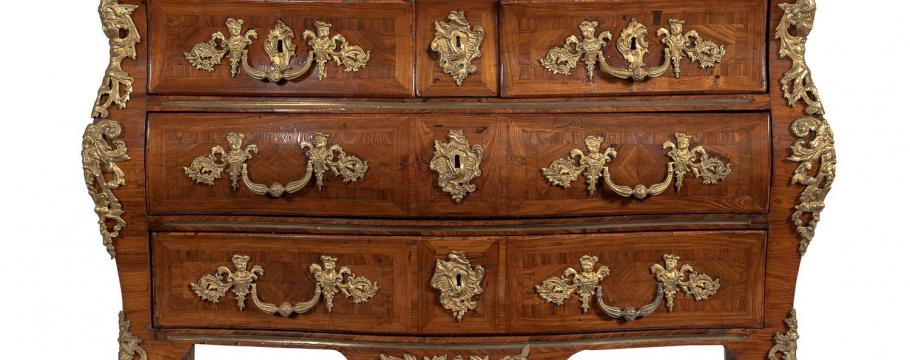
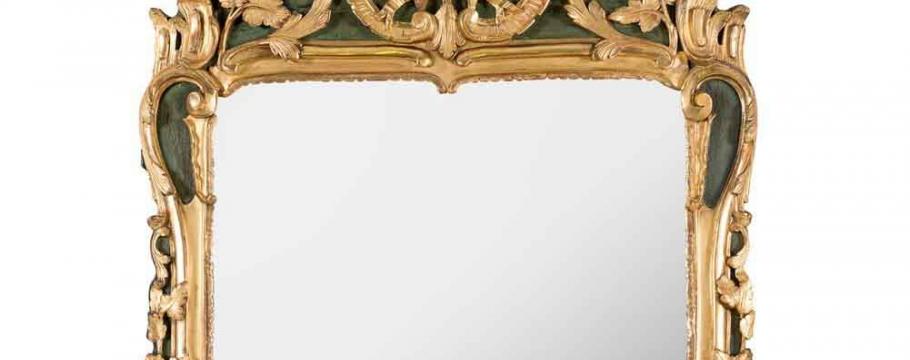
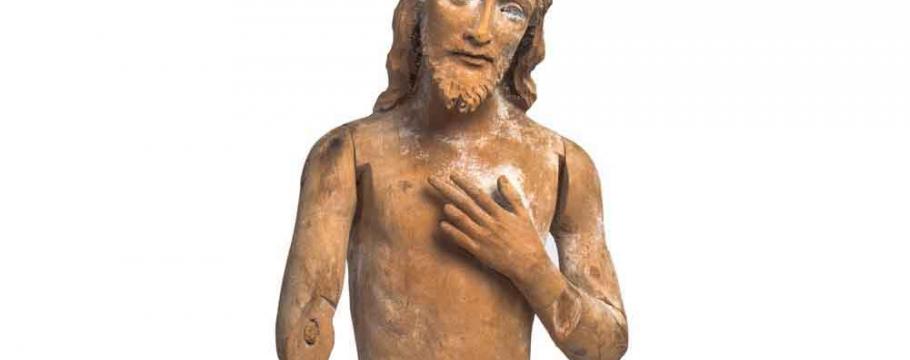
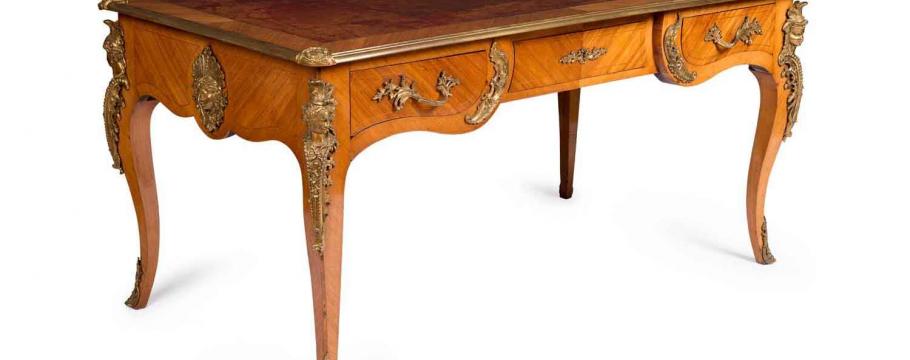
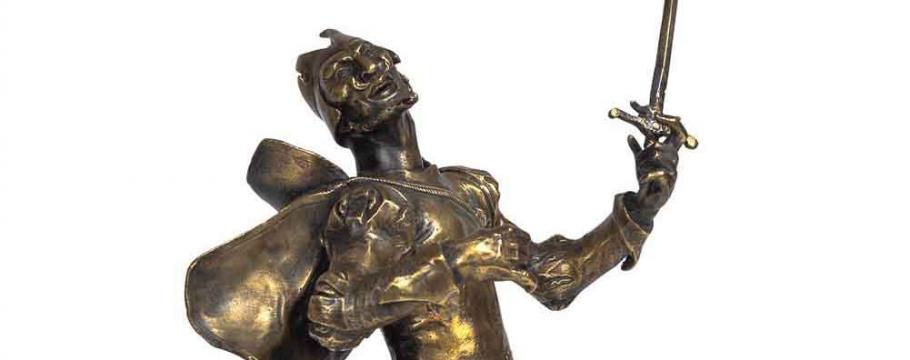

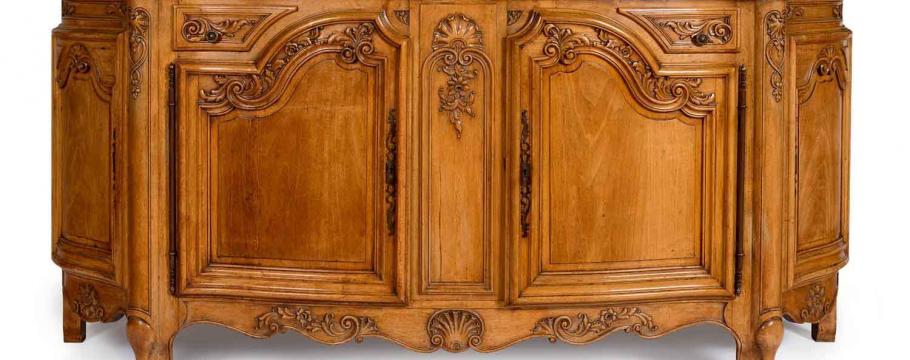

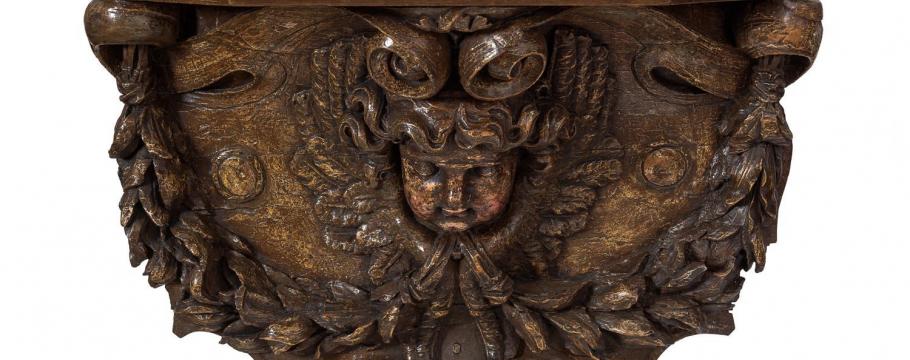
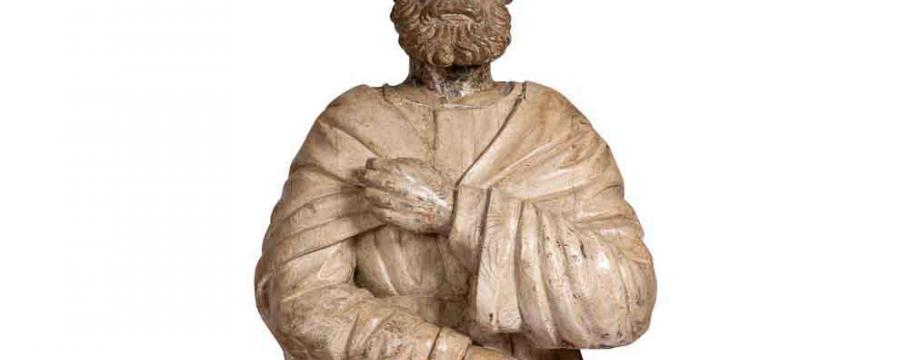
Collector waves an auction goodbye to his European antiques
Author: Richard Brewster | Posted: 12th December, 2016
Some of the finest European antiques Australian collectors have ever seen will go under the hammer at Mossgreen’s forthcoming auction from 6pm Wednesday December 14 at 926-930 High Street, Armadale.
The antiques belong to Mark Koronowicz who for more than 20 years ran an antique shop under his own name in High Street, Prahran and has now decided to move onto a new venture.
Over that time, he developed an enviable reputation as an expert prepared to tell customers about the unusual qualities or uniqueness of a piece of furniture or collectable and to advise on its appropriateness in a particular setting – and even if he felt it was the wrong choice.
One of the collection highlights is an early 18th century French Régence kingwood commode with a catalogue estimate of $12,000-$18,000.
Two 18th century French mirrors provide further highlights – one an impressive Louis XVI gilt wood salon mirror ($6000-$10,000) and the other a gilt wood over mantle mirror ($8000-$12,000).
The auction contains several chandeliers from the 19th and 20th centuries, along with a pair of French 19th century bronze and crystal girandole.
Nineteenth century South American carved wooden figures of Christ and John the Baptist should add to collector interest, along with a French gilt bronze figure of Mephisto signed by A. De Wever.
Other French furniture should attract plenty of interest including a late 19th century kingwood bureau plat, and two breche marble top pieces – a 19th century walnut serpentine form side cabinet and an 18th century kingwood commode.
An 18th century Italian walnut writing cabinet should add a further auction spark, along with an Italian 16th century walnut court cabinet, a French 18th century polychrome highly decorated wall panel and a 19th century Venetian fine bone inlaid walnut architectural cabinet.
Impressive is the 18th century Italian large carved lime wood figure of an adaptation of Roman Emperor Marcus Aurelius who ruled the empire from 161AD-180AD.
Born on April 20, 121AD, Marcus Aurelius original name was Marcus Annius Verus and his reign was marked by defensive wars on the northern and eastern frontiers of the empire against the Parthians and the Germanic tribes in 166AD and 167AD.
He died of the plague on March 17, 180AD in Vindobona (now Vienna) while planning to extend the empire’s boundaries northward to the Wisla (Vistula) River.
Although he ruthlessly persecuted Christians, believing them a threat to the imperial system, in his domestic policy Marcus Aurelius was a champion of the poor for whom he founded schools, orphanages and hospitals, and also alleviated the tax burden.
He also tried to humanize criminal laws and the treatment of slaves by their masters.
As a philosopher, Marcus Aurelius is remembered for his Meditations, a compendium of 12 works of moral precepts written in Greek.
The work, an important formulation of the philosophy of Stoicism, reveals his belief that the moral life lads to tranquillity an stresses the virtue of wisdom, justice, fortitude and moderation.





